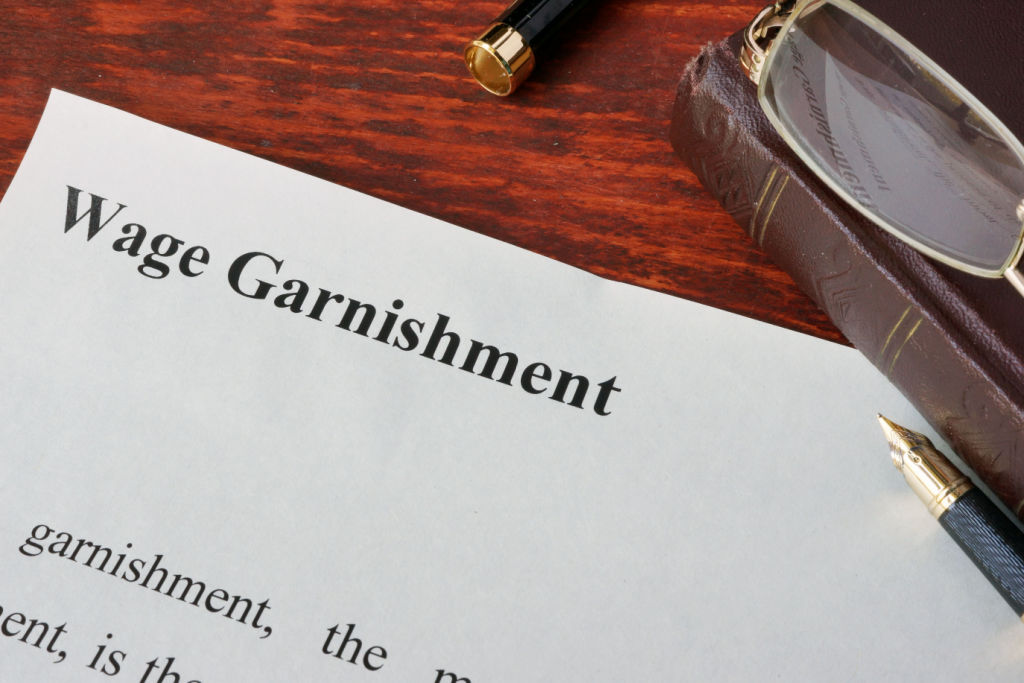If a court order directs your employer to send a percentage of your check directly to a specific creditor, you will no longer have control of your income or be able to provide input on how you want your bills to be paid. You will also lose privacy when it comes to these personal issues since your employer will now know you are significantly in debt. This can ultimately cause numerous problems for you down the road. Fortunately, you may have options regarding wage garnishments in Augusta and how to stop them.

Wage Garnishment Rules in Georgia
Depending on your debt, there are usually different rules for wage garnishment. For example, when you have consumer credit, federal laws will limit the total amount a judgment creditor can receive. Typically, this will be the lesser of:
- 25% of net earnings
- Your disposable earning minus 30 times the federal minimum wage
However, other types of debt will not require a court order for garnishments, and the amount garnished can be higher:
- Taxes: Federal and state agencies can garnish wages without a court order, and the amount will depend on dependents and tax deductions.
- Student Loans: Defaulting on student loans can result in the organization collecting the loans to garnish as much as 15% of the net income.
- Child Support: The maximum garnishment possible for child support is 60% unless you also support another child or former spouse. In these instances, it can be limited to 50%. However, these garnishments can go up by 5% If the payments are more than 12 weeks behind.
There can also be further issues if various creditors are trying to garnish your wages. That is why in these instances, you should consider discussing the circumstances with an experienced Augusta bankruptcy lawyer as soon as possible. These lawyers can determine what issues you are going up against and what can be done about them.
Stopping Wage Garnishments in Georgia
Dealing with wage garnishments can be a challenging ordeal that can significantly impact your ability to get out of these financial hardships. However, depending on the circumstances, some things can be done to stop these wage garnishments from happening.
When a person files for bankruptcy, the court will order an automatic stay which is a court order that stops creditors from taking any steps to collect on their debts. With a Chapter 13 bankruptcy, individuals may not even have to repay the total amount they would have through garnishment. This is because through this type of bankruptcy, individuals will have to work out a repayment plan based on their disposal income, and when they finish the plan, they can discharge the remaining debt. In comparison, with a Chapter 7 bankruptcy, people may be able to discharge their whole debt.
Yet, to see if either of these options is possible, you should consider discussing the matter with a knowledgeable bankruptcy lawyer who can help you understand your rights and determine your legal options.
Figure Out Your Options When It Comes to Wage Garnishments by Contacting the Law Firm of Duncan & Brow Today
For further information regarding bankruptcy or wage garnishments in Augusta, contact the Law Firm of Duncan & Brow., today to schedule a free case consultation, or call us at 706-755-2928 and see how our legal team can help you.


